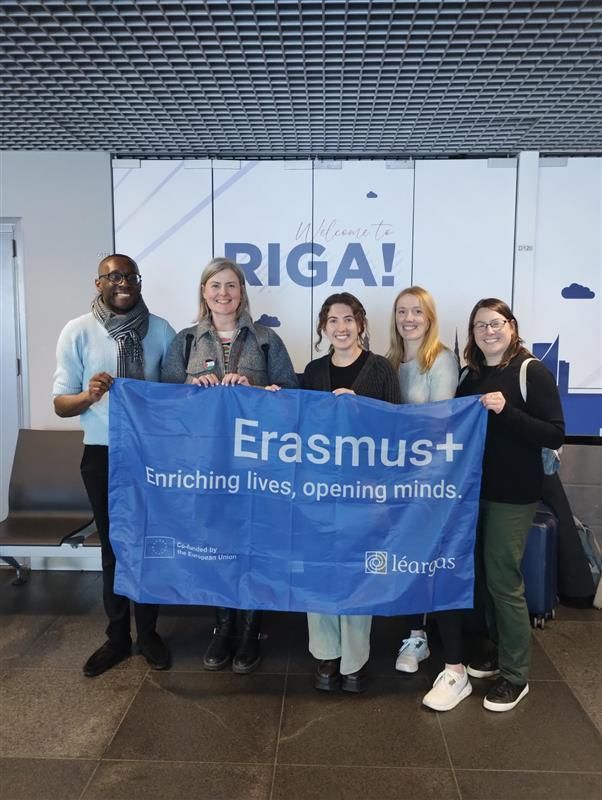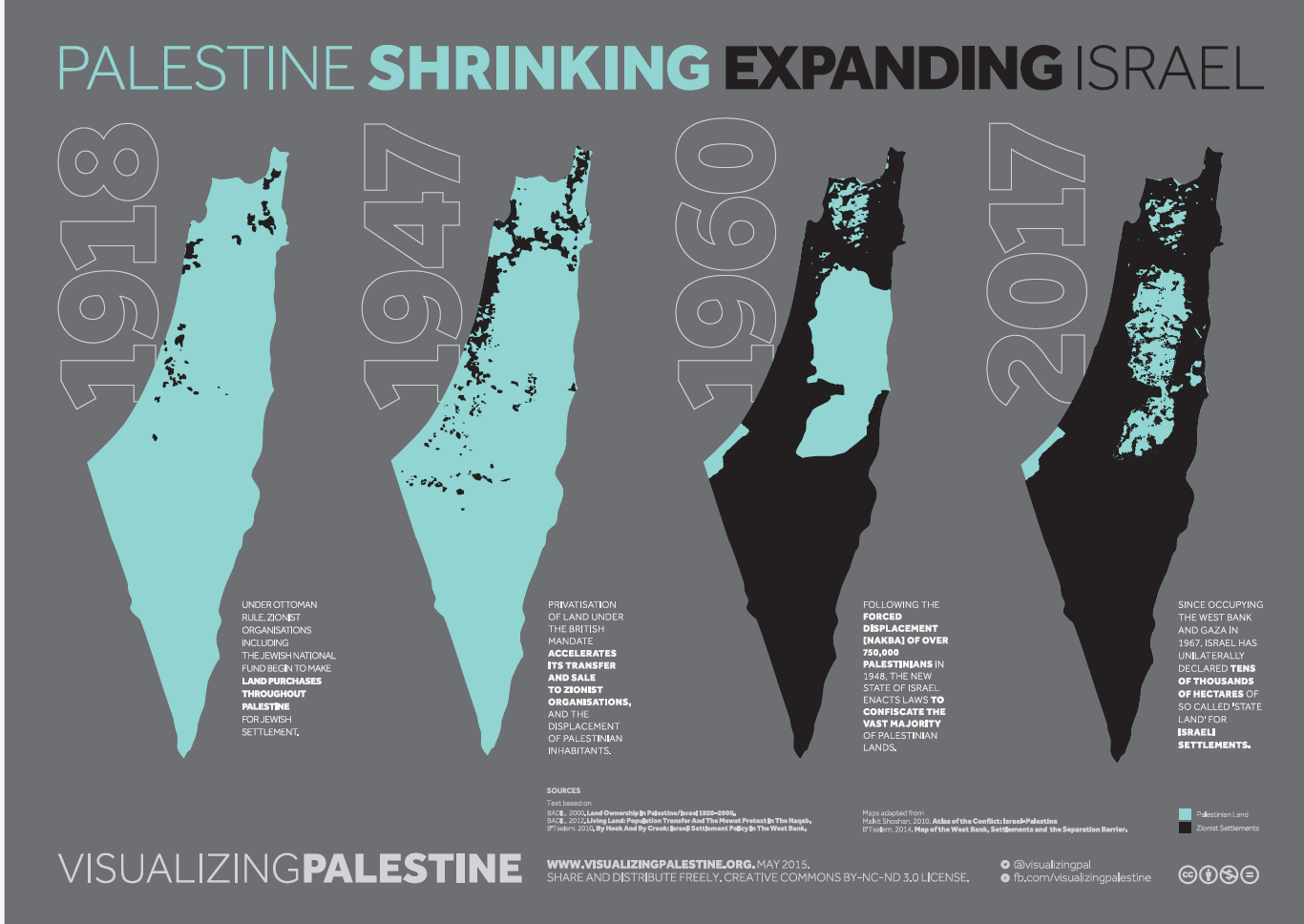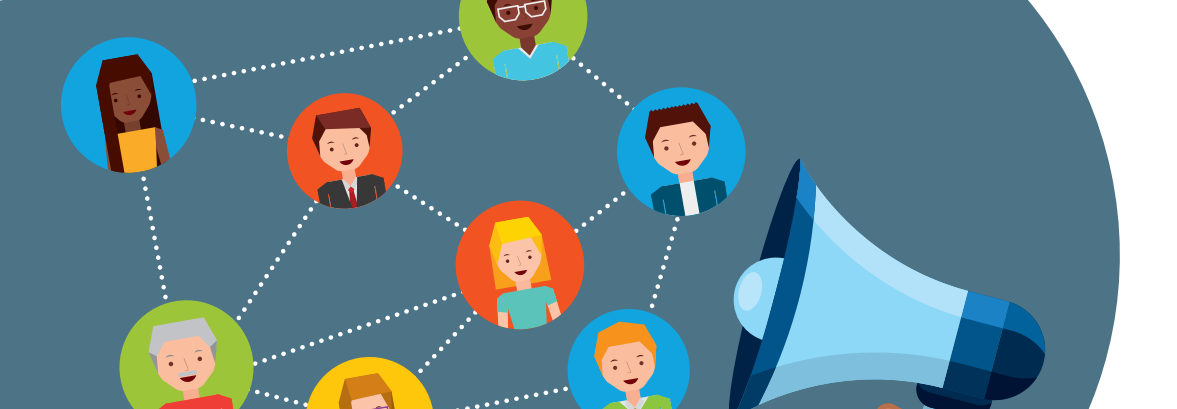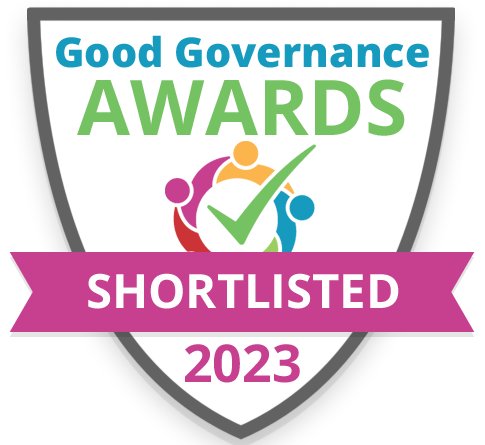Citizens of the World? Building global justice perspectives in challenging times
The 2013 IDEA Annual Conference focused on the theme of “Global Citizenship” and considered how we can harness the energy of new social movements and individual activists as they respond to the global crisis, in our development education practice. Key questions explored during the day included:
- In the European Year of Citizens, is global inequality part of the conversation?
- In teaching about global citizenship issues, what progress have we made in moving from a charity mindset to a justice perspective?
- How can the Development Education community bring the energy and passion about local and global crises into learning spaces to make citizenship education a more engaging and dynamic process?
The opening session with keynote speakers Bahia Shehab and Maureen Freely , proved an inspirational start to the day, with Bahia sharing her personal journey to becoming an active citizen in Egypt and Maureen contributing an insightful and interesting overview of the current situation in Turkey, while situating this within the historical context. Their inputs highlighted the role of individuals in stepping beyond their usual roles and comfort zone and overcoming the barrier of fear to take a stand as active citizens in protecting human rights and creating the space for a vibrant democracy. A common thread was the need to learn from the past and other examples from across the globe in order to develop new leadership and a critical citizenship. The significant role of social media in spreading messages about crises as they unfold was also to the fore, enabling people to become ‘citizen reporters’ and share their perspectives and experiences with a global audience. Creativity, the use of humour and the power of storytelling were shared as examples of ways in which activists can convey a message in a non-threatening and peaceful way, while capturing the imagination of the broader public and contributing to a viral effect.
The panel discussion built on these themes and considered ways in which the energy described above can be channeled into educational spaces and learners supported to take action on issues of concern. The need for educators to overcome their own fears of moving beyond a comfort zone and safe parameters for discussion with learners and to embrace creativity was also acknowledged. The space and support for individual versus collective action and critical debate was also raised as an issue in Irish education, with significant scope to improve the centrality of global education to the curriculum and to broaden the conception of what it means to be an active citizen, beyond that of voting in elections.
The conference also introduced IDEA’s new EU project, Challenging the Crisis, which aims to engage young EU citizens from highly indebted countries to become informed and active advocates on global justice. A second workshop encouraged participants to unleash their own imagination in considering the use of the public space around Wood Quay as a vibrant place for active citizenship.
Overall the day was highly engaging and challenged us to step beyond our comfort zones and be active!









